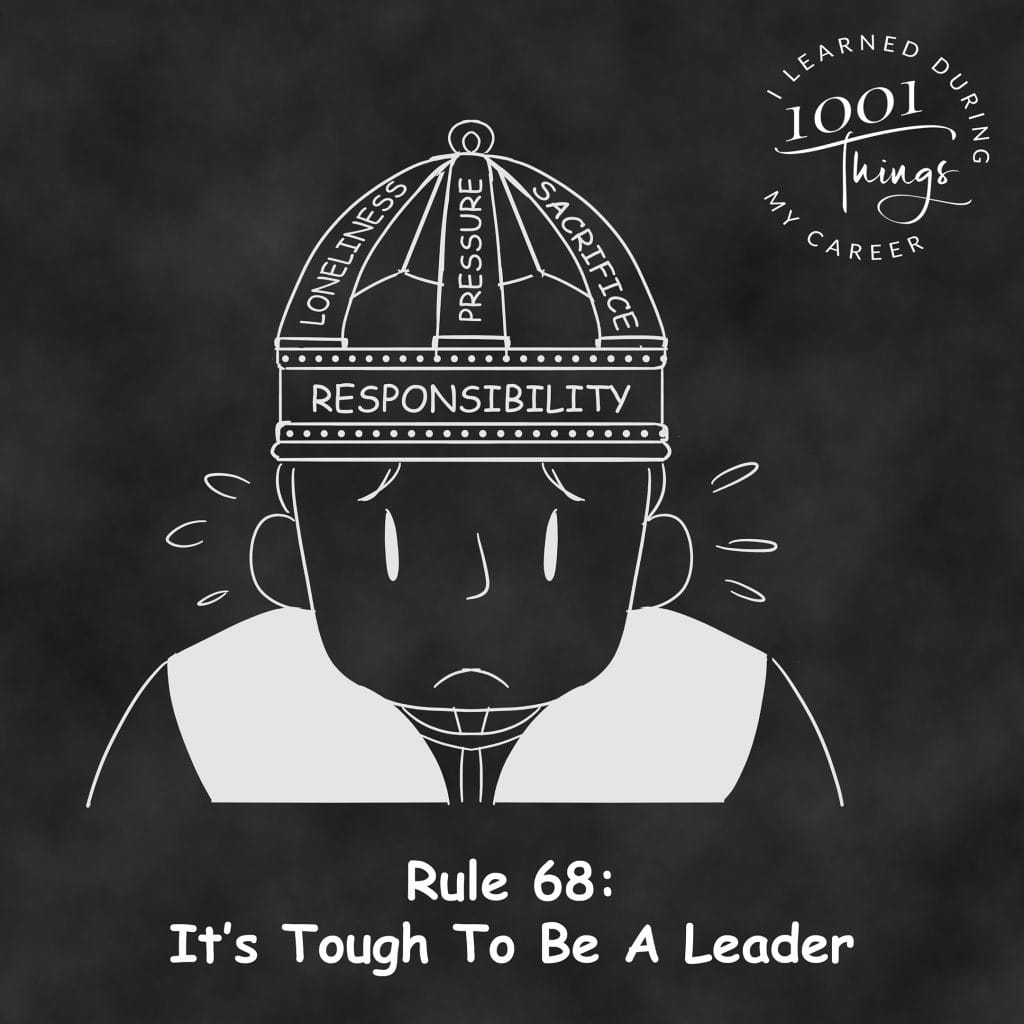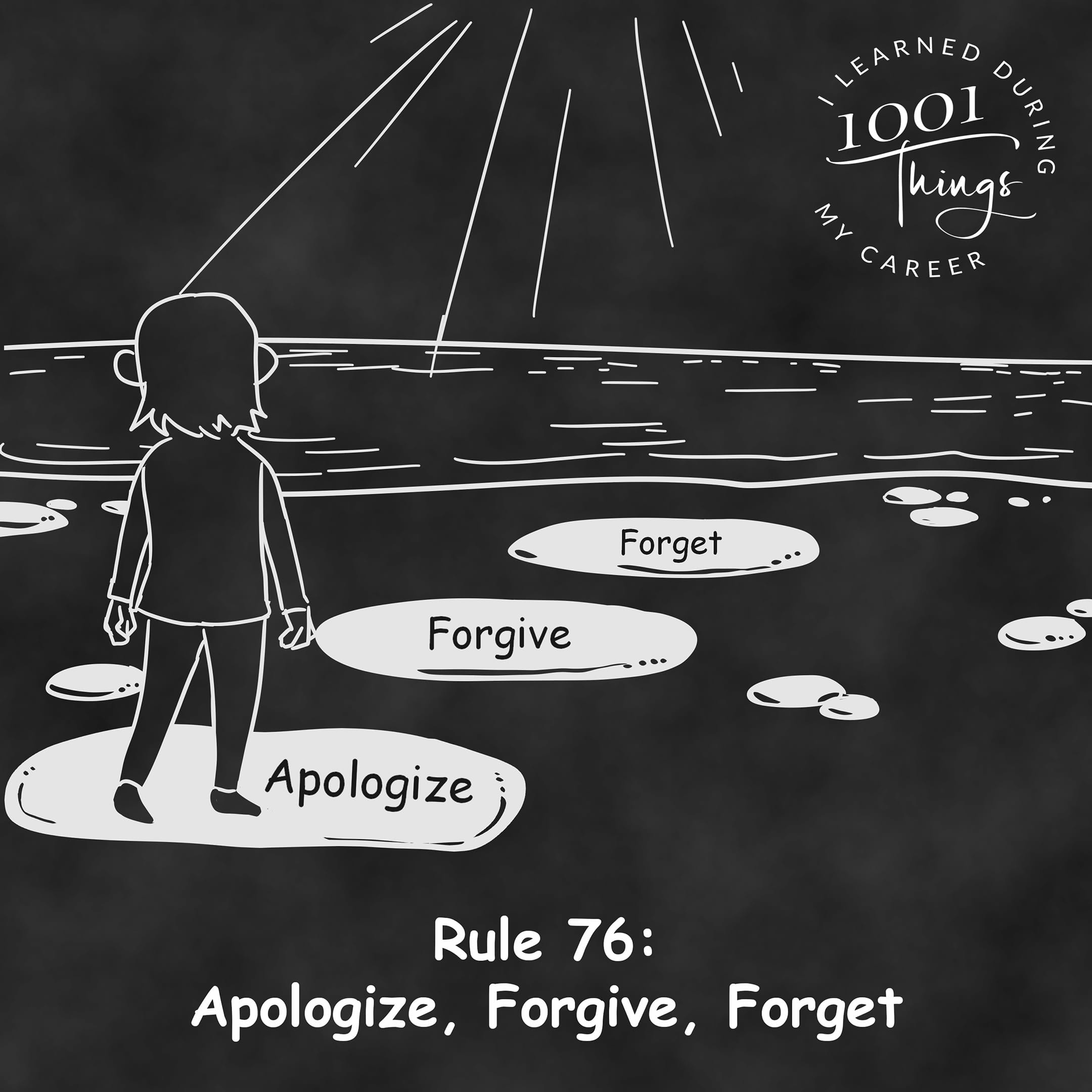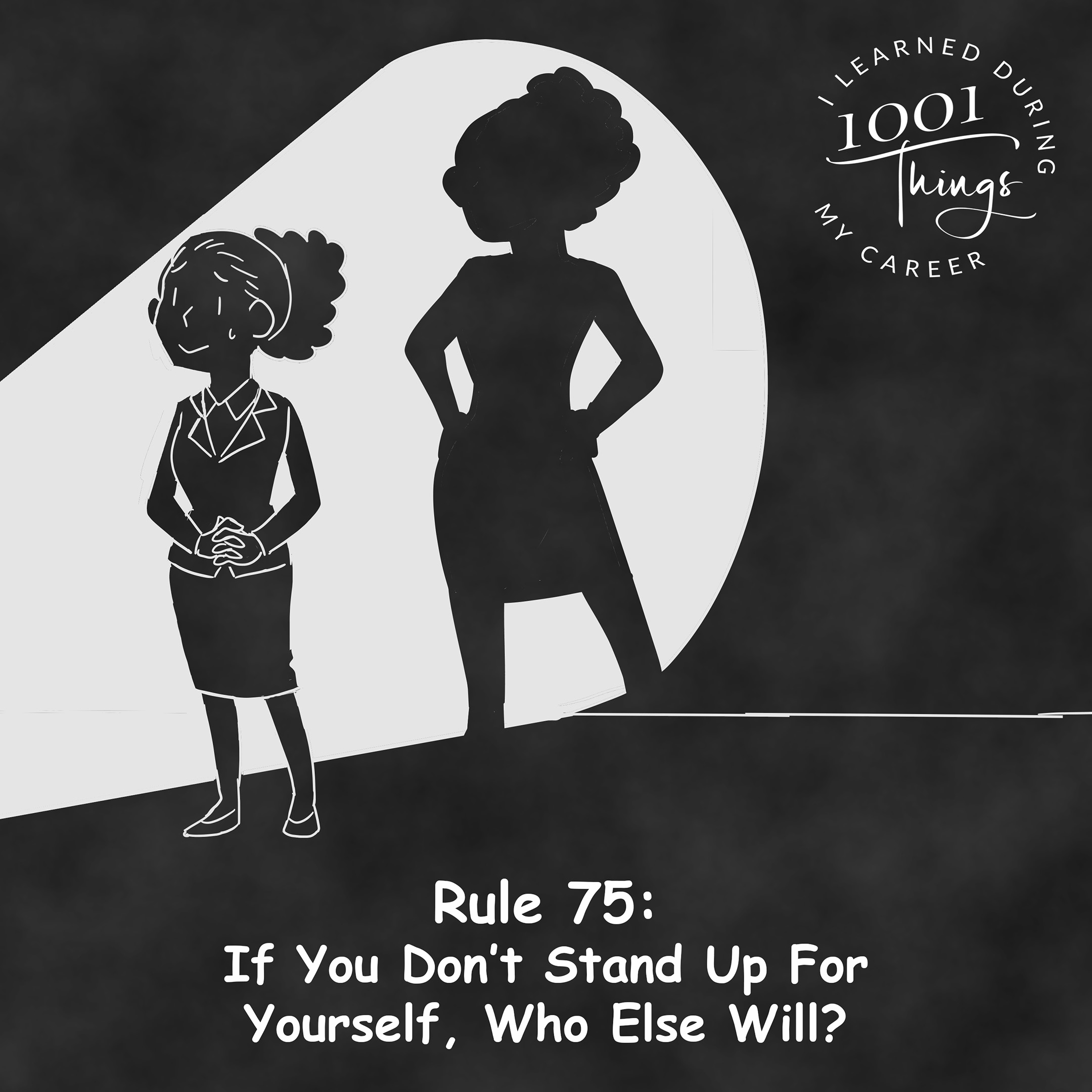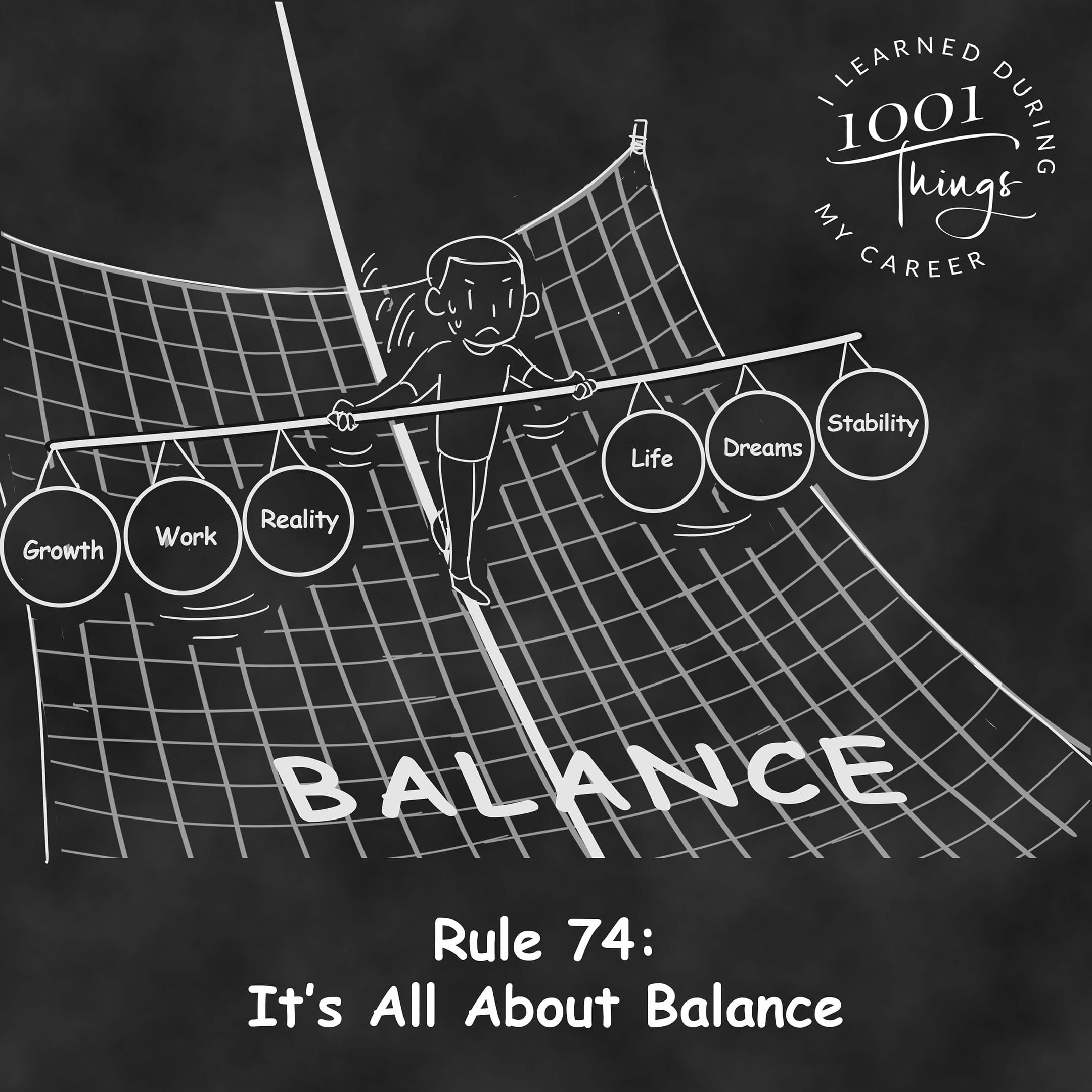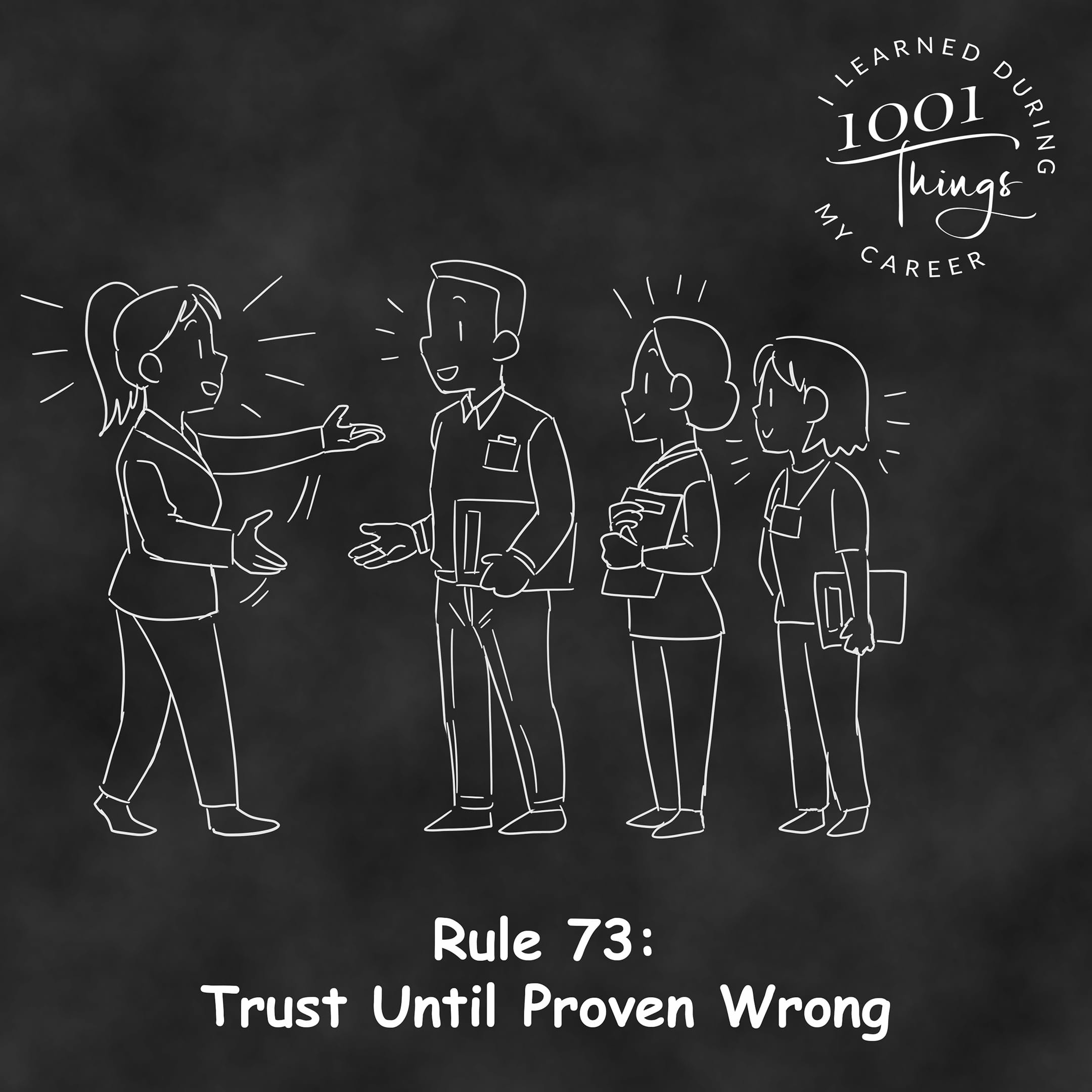Leadership is often glorified from the outside: it’s seen as a position of power, influence, and prestige, where leaders set the direction, command authority, and reap the rewards. But the reality of leadership is far less glamorous. Beneath the surface lies a path marked by sacrifice, pressure, and a unique loneliness that few truly understand.
Being a leader means living under constant scrutiny: every decision and every action is examined, not just by those above but also by those you lead. A single misstep can shake others’ confidence, and the pressure to perform and make the right call is relentless. As a leader, you’re required to make tough choices, often with incomplete information, knowing your decisions will impact others’ lives and livelihoods. And with each new level of responsibility, the stakes only grow higher.
Leadership also demands resilience: you’re expected to be the steady hand when things go wrong, the problem-solver who finds a way forward, and the source of confidence when uncertainty looms. This constant pressure, the relentless decision-making, and the need to project strength can take a serious toll on mental, emotional, and physical well-being. The responsibility to inspire and reassure others can drain even the most resilient individuals.
And then, there’s the isolation: the higher you climb, the fewer people there are who truly understand the weight of your responsibilities. The camaraderie of shared experiences grows thin, as there are fewer peers you can confide in or lean on for support. This loneliness makes leadership a uniquely heavy and often isolating journey.
There is no better example than Jacinda Ardern: as Prime Minister of New Zealand from 2017 – 2023, she led with compassion through the Christchurch terrorist attack, a volcanic eruption, and the pandemic. She made incredibly difficult calls – closing borders, locking down early, and delivering heartfelt messages to a shaken nation. Despite her popularity, Ardern stepped down after only six years in office, citing burnout and the personal toll leadership had taken. Her honesty in acknowledging the emotional cost of leadership was itself an act of courage and a testament to true leadershp: knowing when it is time to step aside with grace.
The reality is that true leadership comes with a heavy price tag. It’s not about power or status; it’s a commitment to serve, to sacrifice, and to bear the weight of responsibility with courage and integrity. True leaders understand and accept this – not for the rewards, but because they believe in the purpose of their role. So, if you choose to step into leadership, remember: it is a path as demanding as it is rewarding, a commitment not to authority but to the service of others.

